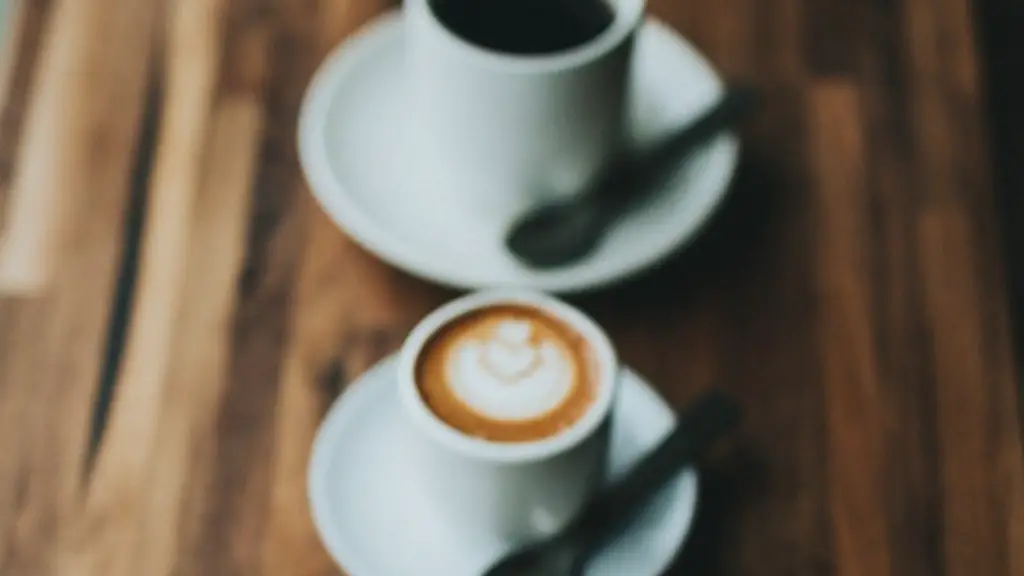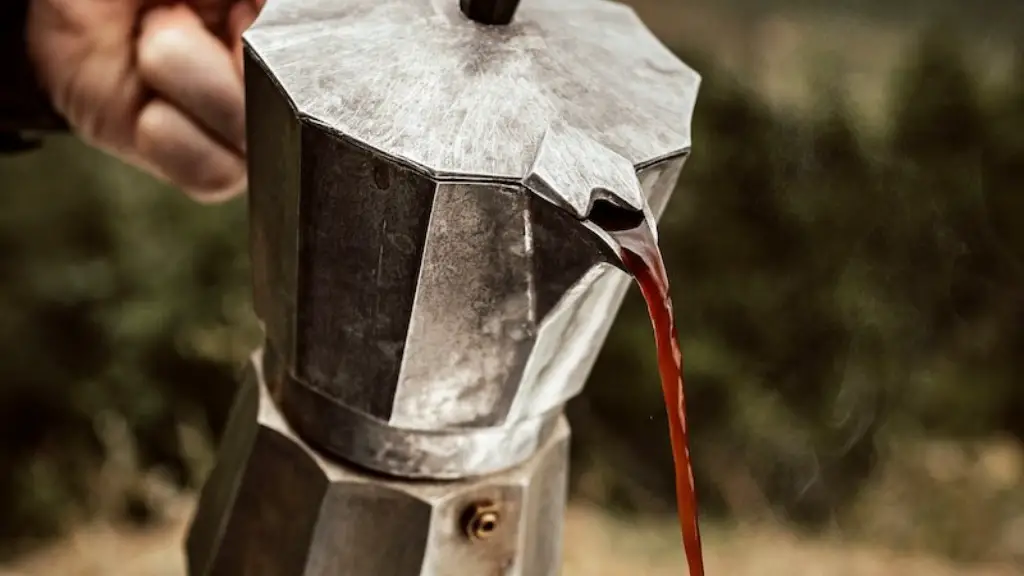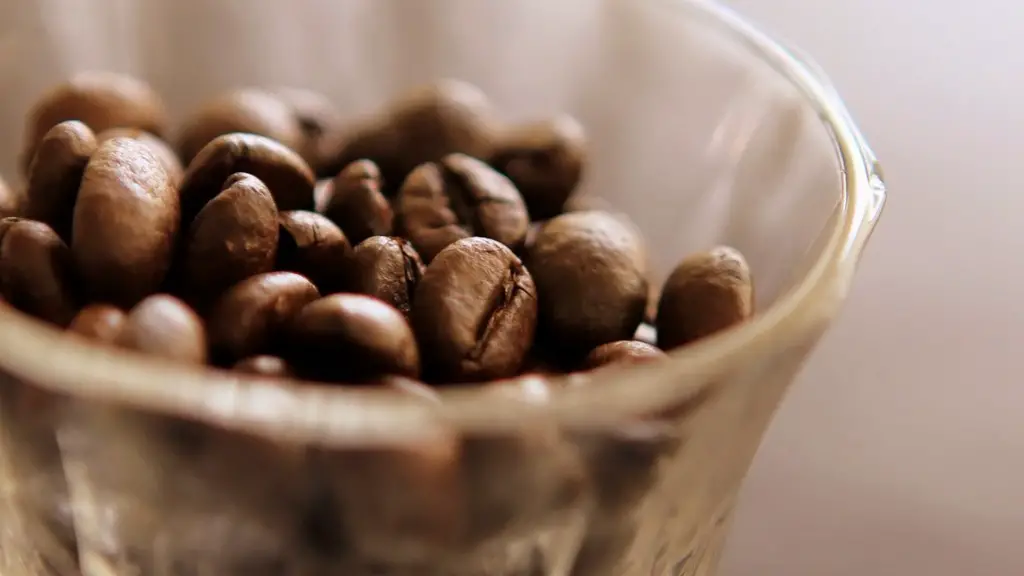Though coffee beans are safe for people to consume, the same cannot be said for our canine friends. Coffee beans contain caffeine, which can be toxic to dogs in large enough quantities. The symptoms of caffeine poisoning in dogs include restlessness, increased heart rate, vomiting, and diarrhea. If your dog has eaten coffee beans, it is important to monitor them closely for these symptoms and contact your veterinarian if they occur.
No, dogs cannot eat coffee beans.
What happens if my dog eats coffee beans?
Caffeine is a stimulant that can have dangerous side effects when consumed in large quantities. It can raise blood pressure and cause cardiac arrhythmias, as well as muscle tremors and seizures. It also affects the gastrointestinal tract, causing vomiting and diarrhea. Pets are especially vulnerable to the effects of caffeine and should not be given coffee, tea, or energy drinks.
If you suspect that your pet has ingested caffeine, please call your veterinarian or local emergency clinic immediately.
How much caffeine is in 1 coffee bean
Caffeine is a stimulant that is found in coffee beans. It is what gives coffee its characteristic bitter taste. Caffeine is also responsible for the energizing effects that coffee has on the human body. A single coffee bean contains about 6 milligrams of caffeine, but the exact amount depends on the type of bean used. For example, Arabica coffee beans have about 12 milligrams of caffeine per gram, while Robusta coffee beans have about 22 milligrams per gram.
If your pet ingests caffeine, it can lead to an irregular heartbeat and potentially death. Clinical signs can last for several hours. If you think your pet has ingested caffeine, please contact your veterinarian immediately.
What are the signs of caffeine poisoning in dogs?
If your dog ingests something toxic, it is important to be aware of the signs and symptoms of toxicity. These can include vomiting, diarrhea, panting, excessive thirst and urination, abnormal heart rhythm, tremors, and seizures. These signs usually occur within 1-2 hours of ingestion. If you think your dog has ingested something toxic, it is important to seek professional medical help immediately. Depending on the substance ingested, the toxicity level, and the size of your dog, the consequences can range from mild to severe.
If you gave your pup both wet and dry food, he was exposed to different textures, flavors, and smells. This means he’ll be more receptive to taking a gulp of your coffee. Just be aware that coffee is generally bitter, so he may not like it as much as you do!
Can dogs drink beer?
Dogs shouldn’t drink beer brewed for humans. The beer contains alcohol, and alcohol is toxic for dogs. Even a little beer can cause alcohol poisoning, especially if the dog is small.
Coffee beans are safe to eat, but should not be consumed in excess. They’re packed with antioxidants and caffeine, which may boost energy and lower your risk of certain diseases. However, too many coffee beans may cause unpleasant side effects. Chocolate-covered varieties may also harbor excess calories, sugar, and fat.
Can you eat coffee beans raw
Raw coffee beans are highly acidic and have a strong flavor. They are much harder than roasted beans, making them difficult to chew. When you process a coffee bean, the darker the roast, the softer that the beans will become.
There are a few potential disadvantages to eating roasted coffee beans. These include heartburn, bloating and/or nausea, a laxative effect, sleep disturbance, anxiety and elevated heart rate, and caffeine withdrawal symptoms. Some people may also be at increased risk for pregnancy-related issues if they consume caffeine, so it’s best to consult with a healthcare provider before consuming any caffeine-containing foods or beverages if you’re pregnant.
How do you get coffee out of a dog’s system?
Your veterinarian might suggest that you allow your dog to drink extra water so that she has to urinate more frequently. Most of the caffeine will leave your dog’s system within 24 to 48 hours, but it can happen more quickly if your dog receives extra fluids to help flush the poison from her body.
If you think your dog has ingested something poisonous, don’t wait for symptoms to appear. Call your veterinarian or local animal hospital immediately.
What foods counteract caffeine
Eating may slow the release of caffeine into your bloodstream. Opt for slow-digesting, fiber-rich foods, such as whole grains, beans, lentils, starchy vegetables, nuts, and seeds. These foods will help to slow the release of caffeine into your bloodstream, allowing you to enjoy the benefits of caffeine without the side effects.
As a pet owner, it’s important to be aware of what foods are toxic to your dog. Onions, garlic, and chives can all cause gastrointestinal irritation and red blood cell damage. Chocolate and macadamia nuts are also toxic to dogs. Corn on the cob can be a choking hazard. Avocado contains a toxin that can cause stomach upset in dogs. Artificial sweetener can be fatal if ingested by dogs. Alcohol can also be toxic to dogs. Cooked bones can splinter and cause digestive problems.
How do you treat caffeine poisoning at home?
There are a few things you can do to feel better if you’ve had too much caffeine. First, stop consuming caffeine for the day. Drink plenty of water to make up for the fluids you’re losing from the diuretic effects of caffeine. You may also want to replace electrolytes by drinking a sports drink or eating a banana. Finally, take a walk and practice some deep breathing to help your body relax.
Gatorade and other electrolyte drinks are not harmful to your pet if given on an occasional basis. In addition, electrolyte drinks can be helpful to older, sick, or weak dogs in need of salt and essential minerals to replace something that may be lacking given their condition.
Is it a pup cup or Puppuccino
A Puppuccino is a small amount of whipped cream served in an espresso cup that you can get at Starbucks. Dog parents love grabbing them to give their dogs a little treat when they get their own favorite Starbucks drinks.
There are a few things you can add to your dog’s water to mix things up and give them some variety. You can add some Pedialyte, coconut water, fresh fruit or vegetable juice, unsalted broth, and nut milk to their liquid intake. Your pup will love new beverages as a treat! Just make sure you check with your veterinarian before adding anything to your dog’s diet.
Warp Up
No, dogs cannot eat coffee beans.
While there are no definitive studies on the matter, it is generally advised that dogs should not eat coffee beans. Caffeine is a stimulant which can be harmful to dogs in large doses, and coffee beans are a concentrated source of caffeine. If you must give your dog a coffee bean, it is recommended to consult with a veterinarian first.





